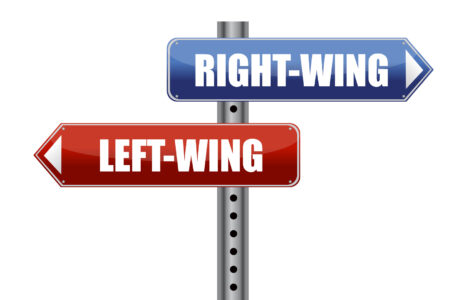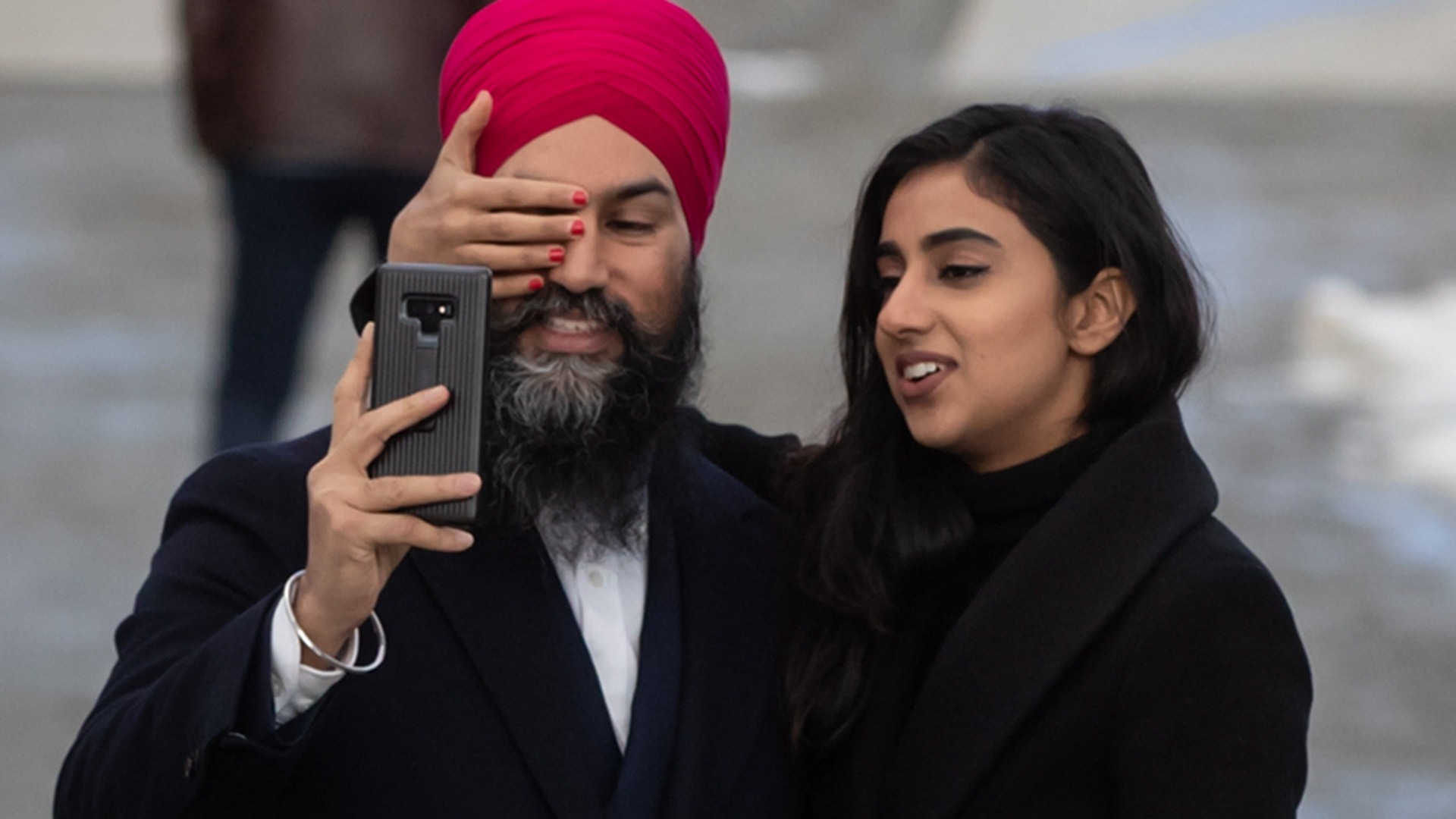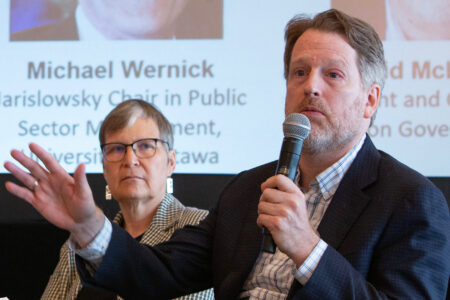
(This article was translated from French.)
The 2021 federal electoral race in Canada will unfold in ways that are much different from previous elections. One major difference is the key role played by digital media platforms. While online communication tools – particularly social media – have already been playing a prominent role in all facets of public political communication in Canada, the ongoing COVID-19 pandemic coupled with the potential fallout from the rapid spread of the more contagious delta variant could make these media platforms even more critical. A fourth wave of infections will affect campaign-related communication and mobilization activities, and could force leaders and their members of their political parties to rethink their campaign strategies and adopt new approaches to reach and mobilize voters, and convince them to vote for them.
The U.S. experience during the 2020 presidential election and the Georgia Senate election in early 2021 offers important insights for Canadian candidates who are on the campaign trail. Indeed, several American candidates turned to video communication platforms (Zoom, Twitch), social media channels (Twitter, Instagram, Snapchat, TikTok), and even online games like Animal Crossing to connect with an audience that was largely in self-confinement due to COVID-19.
In Canada, many politicians, whether it is the Liberal Party’s Justin Trudeau on Instagram or New Democratic Party’s Jagmeet Singh on TikTok, are already very active on social media and are making inroads on other platforms to keep in touch with their followers and court other segments of the Canadian electorate. For example, a match in the online game Among Us between Jagmeet Singh and American Democratic politician Alexandria Ocasio-Cortez that was streamed online received a lot of attention last year.
The election campaign will most likely lead to the intensification and diversification of politicians’ digital politicking activities. More importantly, it could be a source of innovation in political communications and engagement practices in Canada, whether it is in terms of content, aesthetics, tone and message delivery strategies, or in the choice of modes of interaction with members of the electorate.
A personality contest
Unlike traditional media, social media’s distinct structural and technical properties often lead candidates to deviate from more conventional forms of issue-based political messaging in order to showcase aspects of their personalities and private life. The increased use of these channels of communication by candidates due to the ongoing COVID-19 health crisis could fuel the aforementioned dynamic and turn candidates’ personalities into a decisive factor in citizens’ choices on election day. Often rooted in specific identity, demographics and cultural characteristics, these personal traits will undoubtedly be leveraged throughout the campaign to appeal to specific segments of the electorate. Early in the campaign, Conservative Party Leader Erin O’Toole deployed efforts to control his image on the cover of his party’s electoral plan. Indeed, he is shown wearing a tight-fitting sweater, arms crossed in a muscle-bound pose, presenting himself as “the man with a plan.”
To be successful on these online platforms, candidates need to be aware of codes of use, impactful trends and user expectations. Beyond advancing their political message, they have to meet aesthetic criteria and adopt a tone that is informal in nature, and in many cases humorous, to humanize themselves as well as generate and strengthen an emotional bond with voters, who often turn to social media for entertainment rather than for information. The challenge is to maintain a delicate balance between restraint and disclosure, between seriousness and entertainment.
More importantly, the COVID-19 emergency could cause many concerned Canadians to pay close attention to the leadership traits and capabilities of candidates, both in terms of their political priorities and their identity profile. Politicians are likely to be judged based on perceptions and understanding of their image, their ability to resonate and connect with the electorate and their personal qualities (credibility, rigour, charisma). The impression of authenticity and reliability stemming from their online presence could, in many ways, influence voters’ final decision on election day.
Separating the real from the fake
It will be interesting to see how people react to a federal campaign in a pandemic context. While the reliability of the information relayed by some media platforms – both online and offline – in relation to the pandemic has been questioned many times on the internet over the past year and a half, there are reasons to be concerned about how citizens will react when exposed to political and medical inaccuracies and falsehoods that will likely be shared throughout the electoral campaign. Already, during the 2019 federal election, warnings were issued about the threat and effects of misinformation on electoral processes in Canada.
While trust in Canadian governmental authorities remains high, uses of social media by various groups and individuals – often outside the traditional political arena – for strategic or partisan purposes could alter the course of the election. The changing structure and tone of political messages, especially as dynamics of political personalization intensify, are forcing voters to acquire new instincts and develop new approaches to assessing the relevance, validity and significance of political messages. The ability of voters to separate truth from falsehoods and to analyze these messages are of particular importance during this federal election. Experts expressed concerns about the politicization of immunization issues in Canada during the first week of the election campaign, a theme that will surely be used by candidates to appeal to certain segments of the public.
Short and long-term impact
The health crisis will, of course, affect the political agenda of the current campaign, and will also be a central theme of discussion. But it will also have major structural effects in the long term. Expect changes to the structure of mass political communication and mobilization activities, in the composition and tone of political messages, and in the way political information is perceived, analyzed and evaluated by voters.
While several countries have already held an election campaign in the midst of COVID-19 , it will be interesting to see for the first time how it will affect Canadian federal candidates and how it will impact different facets of election processes. This election has the potential to alter in a profound and permanent way how leaders and their political parties view and engage in political communication, as well as interact with members of the public, both online and offline. The effects it will have on voters’ perceptions of politics and their choices at the voting booth are yet to be determined.
This article is part of the How can we improve the elections process special feature.












